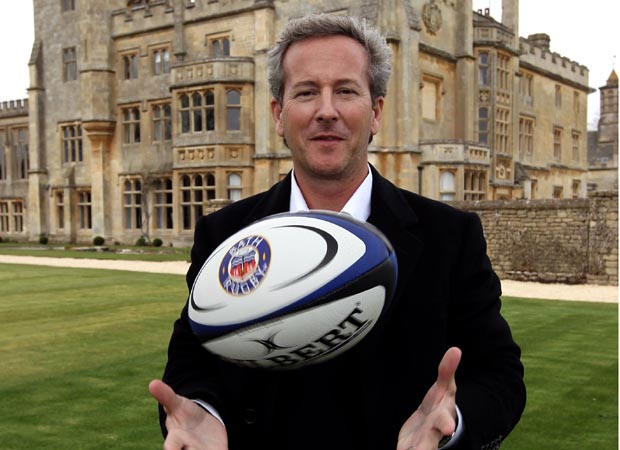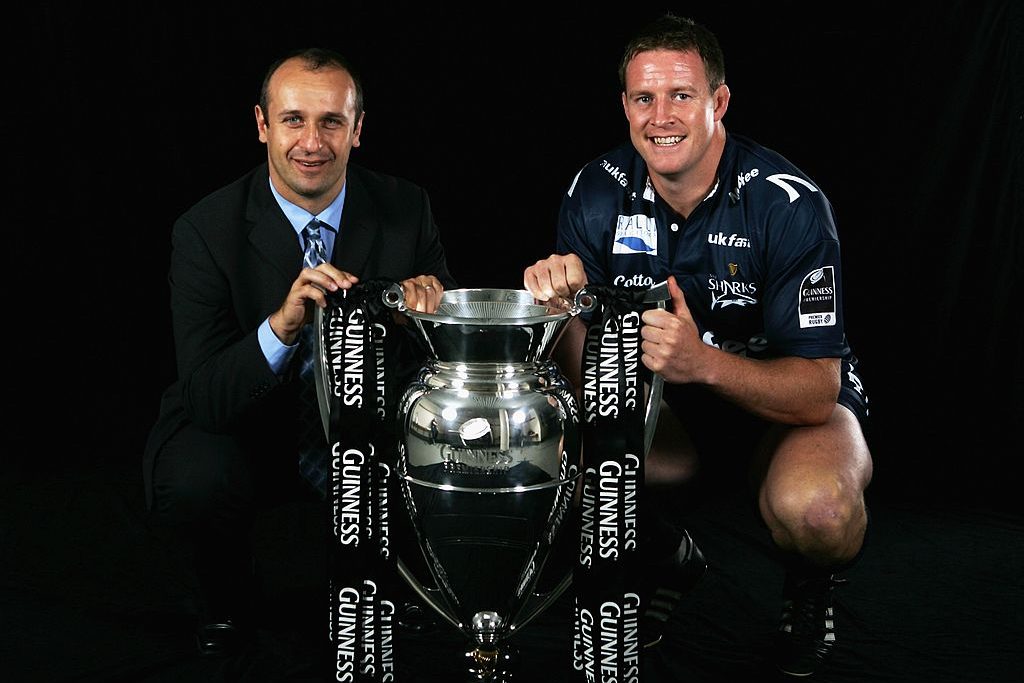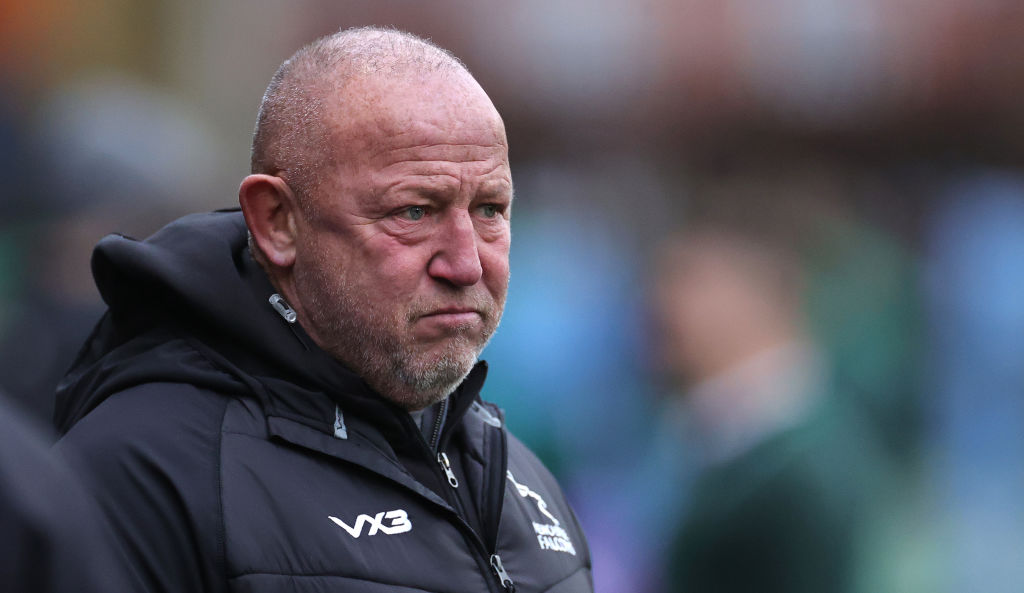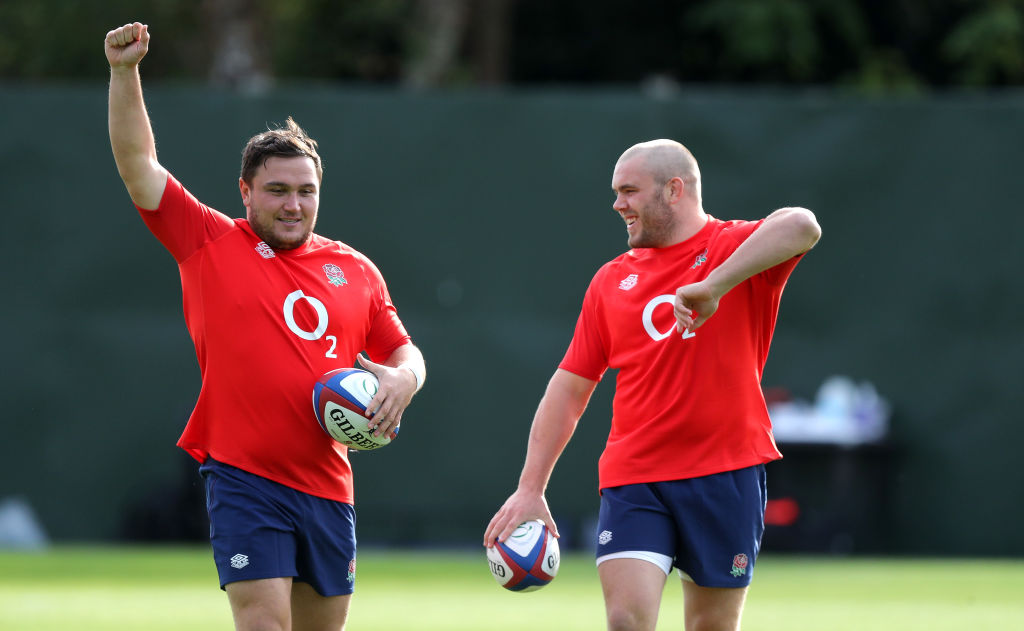
 The battle over Europe has been won but Bath chairman Bruce Craig believes the war over global season structure and how international and club rugby in the Northern and Southern Hemispheres are aligned is only just getting started.
The battle over Europe has been won but Bath chairman Bruce Craig believes the war over global season structure and how international and club rugby in the Northern and Southern Hemispheres are aligned is only just getting started.
Craig, one of the main architects behind the creation of the Rugby Champions Cup, has outlined a radical new vision aimed at separating club and international rugby which he believes will underpin the world game for decades to come.
In a manifesto outlined to The Rugby Paper, Craig has called for:
– The existing June and November Test windows to be scrapped and merged into a new six-week international window from mid-August to late-September, enabling outgoing and incoming tours to be confined within a single block.
– The Six Nations to be slashed from seven to six weeks in the second window of international fixtures.
– The Northern Hemisphere club rugby season to be played in two blocks – October to mid-February and April to June – thereby ensuring no overlaps between domestic and international rugby during the two Test match windows.
– Individual player programmes (IPP) to be devised for England‘s elite players, ensuring welfare standards are improved.
Craig believes World Cups and Lions tours could be accommodated within the August to September window, thereby lessening the often debilitating side-effects those four-yearly events inflict on Europe’s domestic scene.
His proposals would, in turn, enable the Southern Hemisphere’s Super Rugby season to be completed in one block between February and July, with the flagship four-nation Rugby Championship being played in October and November.
Whilst Craig accepts there will be “hostility” from other Six Nations Unions and the IRB towards his proposals, he believes they are necessary to bring coherence to the fragmented international scene.
Craig said: “Season structure is fundamental because a lot of the problems are created by not having a sensible global season. What we have is based on history and is a remnant of the bygone amateur and touring days.
“If we were to have a blank piece of paper, we certainly wouldn’t have the fragmented nature of the international and club scene in the North and South. Anyone sensible outside rugby would say it doesn’t make sense.
“There should be a separation of the club and international calendar. There’s no way the club game should be devalued by playing on the same day as Test matches, so one of the key things is to have
different windows in which to do things.
“Nothing in the Northern Hemisphere is based on logic, it’s purely based on historical blocks like the Six Nations, which everyone says is the Holy Grail which makes international rugby all its money, and the June and November blocks.
“But when you look at it from a league point of view, that’s where the problems arise. In England and France we have very strong league structures, so there needs to be a more sensible approach which will allow us to create the strongest national teams, as well as having the best leagues and clubs in the world.
“June is a very important part of that because an England tour at the end of a really tough season is very hard on players. It should be scrapped and an extended international block later in the year would be the best solution for English rugby.
“Instead of having three international blocks, we should retract the Six Nations to six weeks, merge June and November and have a six-week international block in August and September, which would give our guys a chance for some rest.
“That would leave league rugby starting in October through to February, then a break for the Six Nations and another league block in April, May and June. You then have two coherent blocks of Test rugby and two coherent blocks of domestic rugby.”
On how player welfare would be managed, Craig said: “The way professional rugby will go in future is you’ll need individual player programmes.
“You’re looking at 600 professional players in the Premiership, of which around 35 are in England’s elite squad, so if there’s an integrated model of professional rugby and the international and club game is working together, we could manage IPPs and make sure those players are managed throughout the year in the right way.”
Craig expects a backlash, with Unions and Test rugby traditionalists accusing him of putting clubs first. But he rejects that assertion, arguing that he has the interests of the England team at heart.
“It’s not as simple as saying club owners want club rugby to take precedence, that’s not the case,” he said. “We all know players want to play international rugby and we want the national team to be at the pinnacle of the English game as well.
“The problem with all of this is that the Unions and IRB all like the status quo. They don’t necessarily want to change anything but we need to be progressive in England and push things forward, which is what I and others fully intend to do.”
Talks are due to begin on a new heads of agreement between Premiership Rugby and the RFU, with the current eight-year deal expiring in 2016.
Craig wants his proposals to form part of those discussions, adding: “We need to be working in a partnership between the RFU and Premiership Rugby, under the auspices of the Professional Game Board, on what is best for our system in England.
“Then we can work with the Six Nations, (RFU chairman) Bill Beaumont and the IRB to effect change. There’s an opportunity here and if we do it right, we could potentially have the best national team, club and league structure in the world.”
NEALE HARVEY
























You must be logged in to post a comment Login